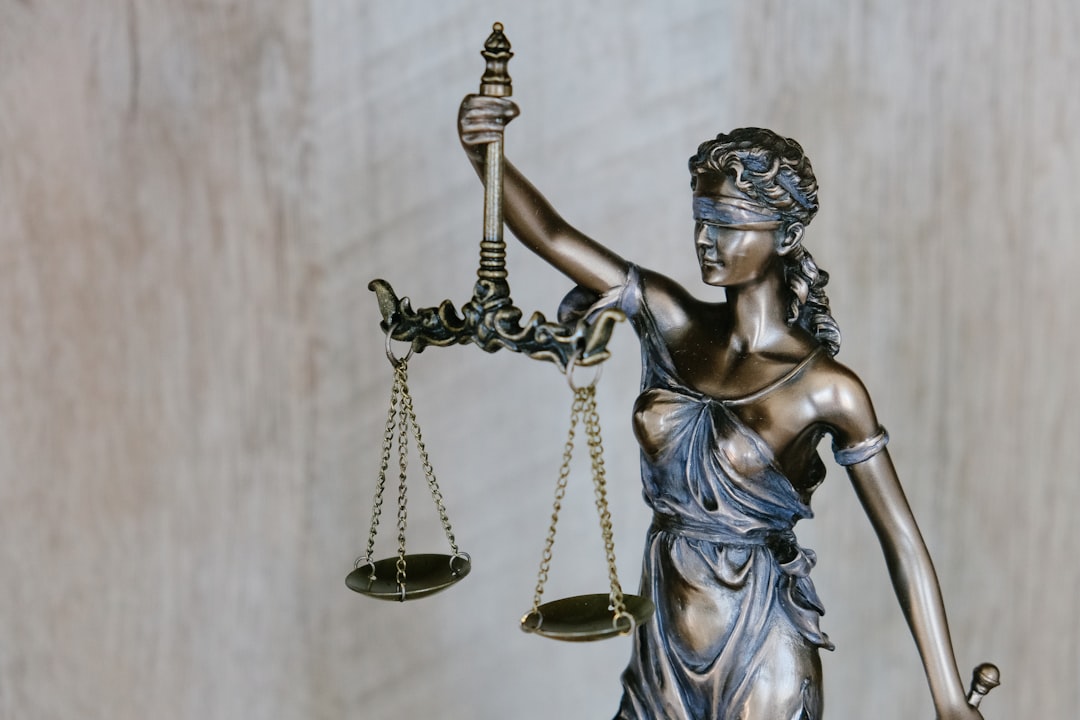Navigating Phoenix’s Unwanted Call Laws: Community Engagement Strategies & Reporting Abuses

Phoenix residents can combat unwanted calls by understanding local unwanted call laws enforced by the Arizona Attorney General's Office. Unwanted call law firms assist in navigating rights, filing complaints, and blocking calls. Community engagement through forums, social media groups, and work…….








